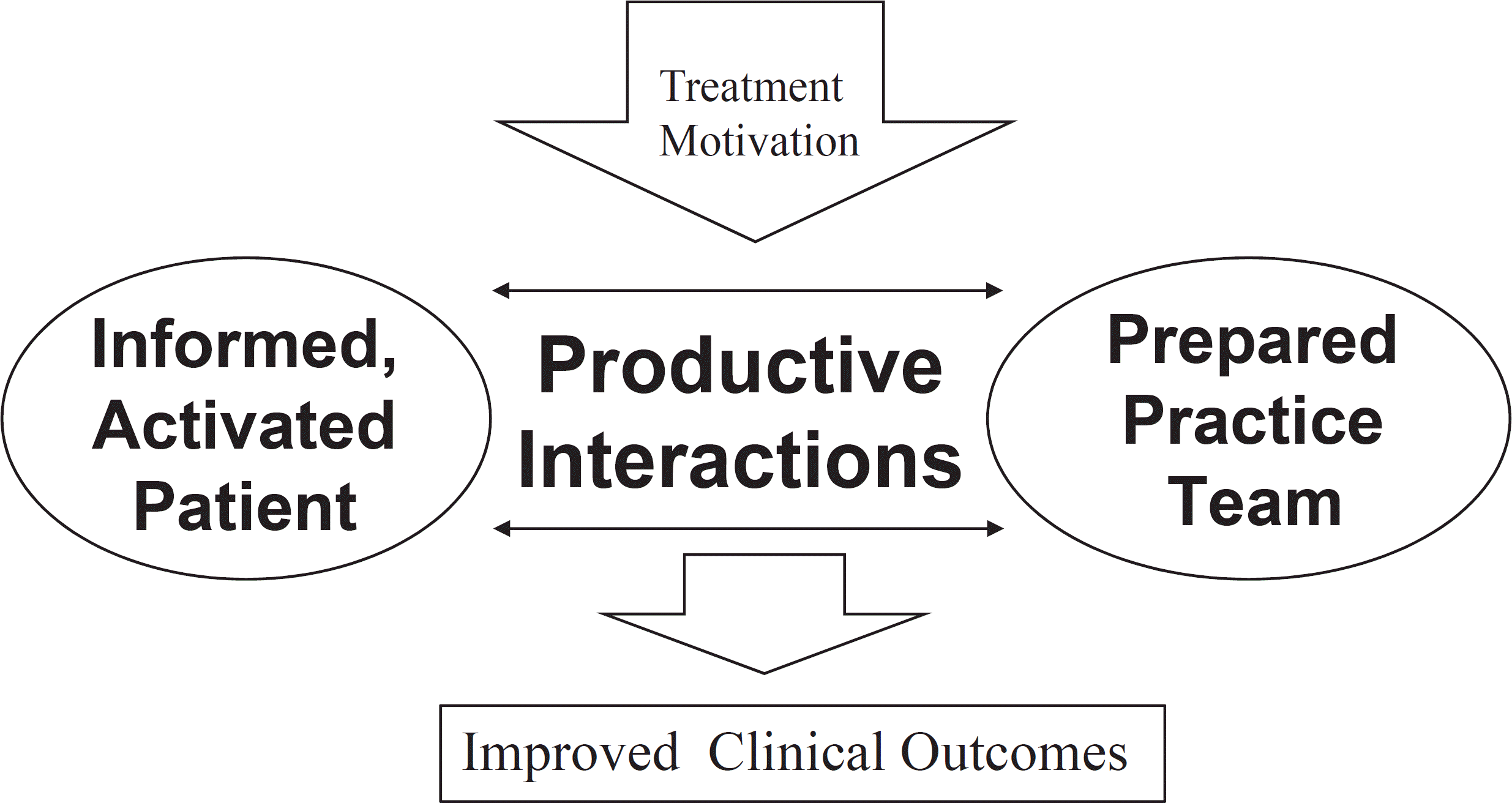Abstract
Diabetes mellitus is one of the most arduous chronic illnesses, both physically and psychologically. To live with a chronic incurable illness is to live in a state of constant uncertainty. Treatment motivation is an important factor in the success of diabetes management. The most important factor of treatment motivation in diabetic patients is resolving illness uncertainty. Diabetes educator teams must be oriented to focus on glycemic control. In addition, removal of negative thoughts about poor prognosis is the starting point for success. Through diabetic education, patients can reduce illness uncertainty, maintain therapy and adapt to the illness. By adopting a lifestyle appropriate for the disease, patients can improve their quality of life and add years to their life and life to their years.
Go to : 
References
1. Funnell MM, Anderson RM. Empowerment and self-management of diabetes. Clinical Diabetes. 2004; 22:123–7.

2. Kim SH, Kang ES, Park SY, Lee SJ, Kim MJ, Yoo JS, Ahn CW, Cha BS, Lim SK, Lee HC. The effects of lifestyle modification on the metabolic parameters of type 2 diabetes. J Korean Diabetes Assoc. 2004; 28:441–51.
3. Song MS, Song KH, Ko SH, Ahn YB, Kim JS, Shin JH, Cho YK, Yoon KH, Cha BY, Son HY, Lee DH. The longterm effect of a structured diabetes education program for uncontrolled type 2 diabetes mellitus patients-a 4-year follow-up. J Korean Diabetes Assoc. 2005; 29:140–50.
4. Kim H. Role of diabetes educators and effectiveness of diabetes education. J Korean Diabetes. 2013; 14:194–8.

5. Miller WR, Rollnick S. Motivational interviewing: preparing people for change. 2nd ed.New York: The Guilford Press;2002.
6. Lim SC. Using motivational interviewing in diabetes self-management education. J Korean Diabetes. 2015; 16:49–55.

7. Korean Diabetes Association Education Committee. Staged diabetes management diabetes educator curriculum. Seoul: Medrang, Inforang Ltd., Korean Diabetes Assoc;2005.
8. Yoo HJ, Nam HW. The principle of effective diabetes education. J Korean Diabetes Assoc. 1999; 23(Suppl 1):27–32.
9. Assal JP. A global integrates approach to diabetes a challenge for more efficient therapy. Davidson JK, editor. Clinical diabetes mellitus: a problem oriented approach. 2nd ed.New York: Thieme;1991.
10. Assal JP. History and aims of the diabetes education study group. Assal JP, editor. Diabetes education. Amsterdam-Oxford-Princeton: Excerpta Medica;1983.
11. Beeney LJ, Dunn SM. Knowledge improvement and metabolic control in diabetes education: approaching the limits? Patient Educ Couns. 1990; 16:217–29.

12. Noh JH, Cho YJ, Nam HW, Kim JH, Kim DJ, Yoo HS, Kwon YW, Woo MH, Cho JW, Hong MH, Yoo JH, Gu MJ, Kim SA, An KE, Jang SM, Kim EK, Yoo HJ. Web-based comprehensive information system for self-management of diabetes mellitus. Diabetes Technol Ther. 2010; 12:333–7.

13. Rhee BD. Basic teaching skills. J Korean Diabetes. 2012; 13(Suppl 1):47–54.
14. Norris SL, Lau J, Smith SJ, Schmid CH, Engelgau MM. Self-management education for adults with type 2 diabetes: a metaanalysis of the effect on glycemic control. Diabetes Care. 2002; 25:1159–71.
15. International Diabete Federation. Consultative Section on Diabetes Education. Diabetes education modules. Brussels: International Diabetes Federation;2011.
16. Kang JG, Kim SG, Hwang YC, Woo JT, Nam HW. Committee of Education, Korean Diabetes Association. Diabetes Educator Training Module (DETM). J Korean Diabetes. 2012; 13:162–6.

Go to : 




 PDF
PDF ePub
ePub Citation
Citation Print
Print



 XML Download
XML Download